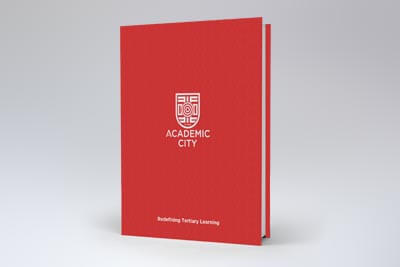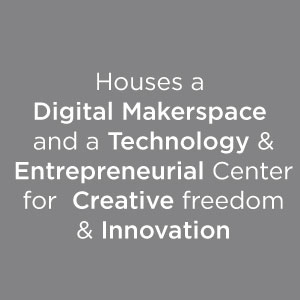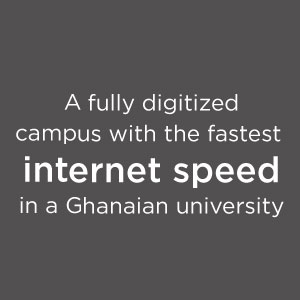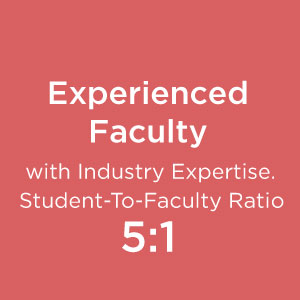

BSc Biomedical Engineering
Advancing Healthcare with Technology
Given the current global health crisis, it has become more incumbent to marry health science and engineering to expedite the solution-finding process of health-related issues.
The world is now experiencing the innovation of cutting-edge technologies to tackle the challenges faced in the health sector from the wheelchair that aids movement to the pain relievers that rests on our tables. The world is redefining quality human health with the birth of biomedical engineers who harness their creative skills and knowledge to reshape the areas of biology and medicine.
BSc Biomedical Engineering at ACity
Aimed at revolutionizing medical care in Africa, students of ACity’s top-end BSc Biomedical Engineering program will be dedicated to the design, analysis and modeling, programming, integration of AI, Biomedical data and informatics to develop medical systems, devices and equipment to manage, and improve healthcare delivery.
The creatively carved 70% practical program blends elements of Artificial Intelligence, Biomedical and Robotics to open new career avenues for students in medical devices development, medical data informatics, tissue engineering, rehabilitation medicine and the design of advanced prosthetics, especially for emerging markets.
January 2026 Intake Is Open

Apply Now
Start your journey towards higher education by submitting your online application today! Click the 'Apply Now' button below and fill out the required information. Apply now and take the first step towards realizing your academic goals.
Top Careers In Biomedical Engineering
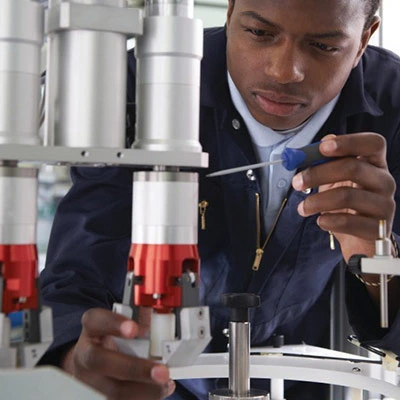
There are many career options to be considered in the field of biomedical engineering! You can save lives too by being any of these after 4 years as a Biomed Engineering student in ACity.
| Biosignal and Medical Image Processing Specialist | Medical Technologist Biosafety Manager |
| Product Development Engineer | Tissue and Organ Engineer |
| Biomechanics Specialist | Biomedical Researcher |
Entry Requirements
Minimum C6 in 6 subjects including 3 core subjects (English, Mathematics, Integrated/General Science) and 3 elective subjects. (Physics, Elective Mathematics + Chemistry OR any other elective relevant to the chosen Program)
Minimum D or a pass in 6 subjects including 3 core subjects (English, Mathematics, Integrated/General Science) and 3 elective subjects. (Physics, Elective Mathematics + Chemistry OR any other elective relevant to the chosen Program)
Minimum of 5 credit passes in the IGCSE/O-Levels (Mathematics and English mandatory) and 3 passes in the A-Levels. (Elective/Add/Further Mathematics and Physics mandatory).
Minimum of 5 credit passes in the IGCSE/O-Levels (Mathematics and English mandatory) and a minimum score of 4 points in 3 Higher Level (HL) subjects. (Elective/Add/Further Mathematics and Physics mandatory)
Minimum of 50% overall average pass. (subject to approval NAB) Mathematics, English and Physics mandatory
Minimum GPA of 3.0 (Mathematics, English and Physics mandatory)

Want To Know
More Information
Get the course pdf or offline application form below
Course Outline
Communication Skills
French Language
Fundamentals of Innovation and Entrepreneurship (FIE) Seminar I
Introduction to Programming with Python
Technology and Society
Physics I: Mechanics
Pre-Calculus (with MATLAB)
Introduction to Biomedical Engineering
Fundamentals of Innovation and Entrepreneurship (FIE) Seminar II
Logic and Critical Thinking
Text and Meaning
Introduction to Multidisciplinary Design
Programming in C
Physics II: Electromagnetic Field Theory
Principles of Chemistry I
Analytic Geometry and Calculus I (with MATLAB)
Introduction to Electrical and Electronics Engineering
Fundamentals of Innovation and Entrepreneurship (FIE) I
Leadership Seminar I Physics III: Optics Principles of Chemistry II
Analytic Geometry and Calculus II (with MATLAB)
Circuit Theory
Computer Aided Design and Manufacturing (CAD and CAM)
Engineering Thermodynamics
African Studies
Fundamentals of Innovation and Entrepreneurship (FIE) II
Applied Linear Algebra (with MATLAB)
Probability, Statistics and Reliability (with MATLAB)
Analogue and Digital Electronics Human Anatomy and Physiology
Introduction to Artificial Intelligence and Robotics
Introduction to Organic Chemistry
Leadership Seminar II
System Dynamics
Differential Equations (with MATLAB)
Numerical Methods (with MATLAB)
Biochemistry
Cell and Molecular Biology
Sensor and Bioinstrumentation I
Signals and Systems
Project Management, Engineering
Economics and Risk Analysis
Biomaterials
Biomedical Imaging and Sensing
Digital Signal Processing Industry Internship
Research Methodology
Sensor and Bioinstrumentation II
Biomechanics
Biomedical Data Analysis with AI
Medical Devices and Technologies
Project Phase I
Quantitative Physiology
Rehabilitation Engineering
Environmental Science and Engineering
Professional Ethics and Values
Advances in Imaging Technologies: Neuroimaging
Medical Image Processing
Project Phase II
Real-Time Digital Signal Processing



